Most scientists say it's only a matter of time before another global health crisis hits
Author of the article:
The Canadian Press
Nicole Ireland
Published Oct 16, 2024 • 2 minute read

An expert panel of doctors and researchers say Canada needs to learn from the COVID-19 pandemic and take action before the next health emergency strikes.
One of the six experts, Dr. Fahad Razak, says most scientists believe it’s “only a matter of time” before another global health crisis hits.
The panel’s report, called “The Time to Act is Now,” says disease surveillance, hospitalization data and research findings need to be communicated much more effectively between the provinces, the territories and the federal government.
Advertisement 2
THIS CONTENT IS RESERVED FOR SUBSCRIBERS
Enjoy the latest local, national and international news.
- Exclusive articles by Conrad Black, Barbara Kay and others. Plus, special edition NP Platformed and First Reading newsletters and virtual events.
- Unlimited online access to National Post and 15 news sites with one account.
- National Post ePaper, an electronic replica of the print edition to view on any device, share and comment on.
- Daily puzzles including the New York Times Crossword.
- Support local journalism.
SUBSCRIBE FOR MORE ARTICLES
Enjoy the latest local, national and international news.
- Exclusive articles by Conrad Black, Barbara Kay and others. Plus, special edition NP Platformed and First Reading newsletters and virtual events.
- Unlimited online access to National Post and 15 news sites with one account.
- National Post ePaper, an electronic replica of the print edition to view on any device, share and comment on.
- Daily puzzles including the New York Times Crossword.
- Support local journalism.
REGISTER / SIGN IN TO UNLOCK MORE ARTICLES
Create an account or sign in to continue with your reading experience.
- Access articles from across Canada with one account.
- Share your thoughts and join the conversation in the comments.
- Enjoy additional articles per month.
- Get email updates from your favourite authors.
THIS ARTICLE IS FREE TO READ REGISTER TO UNLOCK.
Create an account or sign in to continue with your reading experience.
- Access articles from across Canada with one account
- Share your thoughts and join the conversation in the comments
- Enjoy additional articles per month
- Get email updates from your favourite authors
Article content
Razak, an internal medicine specialist at St. Michael’s Hospital in Toronto, says it’s critical to share evolving health information much more quickly with the public to build trust and combat the spread of disinformation.
The report says Canada also needs to address inequities among people who are hardest hit during emergencies, including people who are racialized, Indigenous communities, people who are homeless and residents of long-term care homes.
It says more investment in research on better prioritizing and supporting these groups, including addressing underlying health needs, is necessary.
Canada also needs to create a single, permanent scientific advisory group — something that’s been done in the U.K._ instead of trying to pull together that expertise in the middle of an epidemic, said Razak, the scientific director of the Ontario COVID-19 Science Advisory Table.
Recommended from Editorial
-

Preston Manning: Three lessons for the federal government from the COVID crisis
-

Why Canada needs an 'urgent' public inquiry into its COVID response
“There’s only so much that you can do in the middle of a crisis. People are desperate, infrastructure does not work as well when there’s a crisis,” he said in an interview on Tuesday. “A lot of what we saw globally when we compared (pandemic) responses suggests that the preparedness is the critical part.”
Advertisement 3
Article content
The report said the “absence of pre-existing emergency protocols for science advice in Canada caused significant delays” and better co-ordination was needed “within and across all levels of government.”
Having scientific advisory groups federally and provincially communicating separately “resulted in multiple streams of advice,” said the report, which was released on Friday.
The report by the independent panel of experts was requested by Health Canada.
Razak said there were some aspects of Canada’s handling of the COVID-19 pandemic to be proud of, including using wastewater surveillance to detect how much of the virus was present in communities.
“We were one of the pioneering countries and we certainly advanced it at scale beyond what many other countries were able to achieve,” he said.
But some provinces, including Ontario, have now made significant cuts to their wastewater surveillance programs, leaving many communities with “almost no data,” Razak said.
Our website is the place for the latest breaking news, exclusive scoops, longreads and provocative commentary. Please bookmark nationalpost.com and sign up for our daily newsletter, Posted, here.
Article content
.png)
 4 hours ago
10
4 hours ago
10


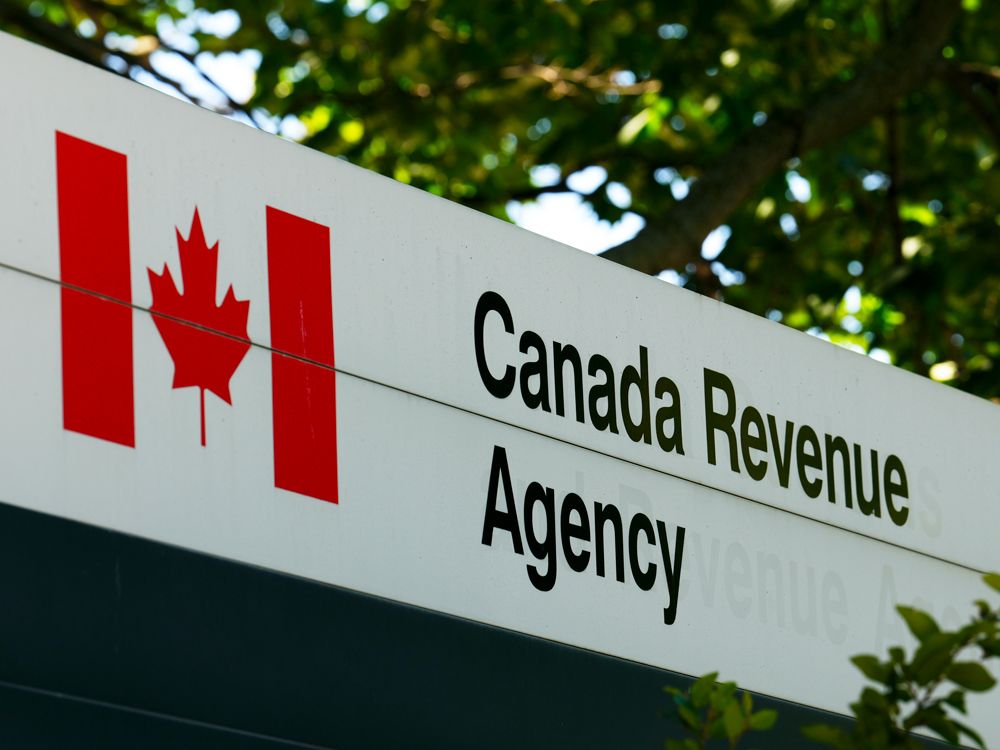


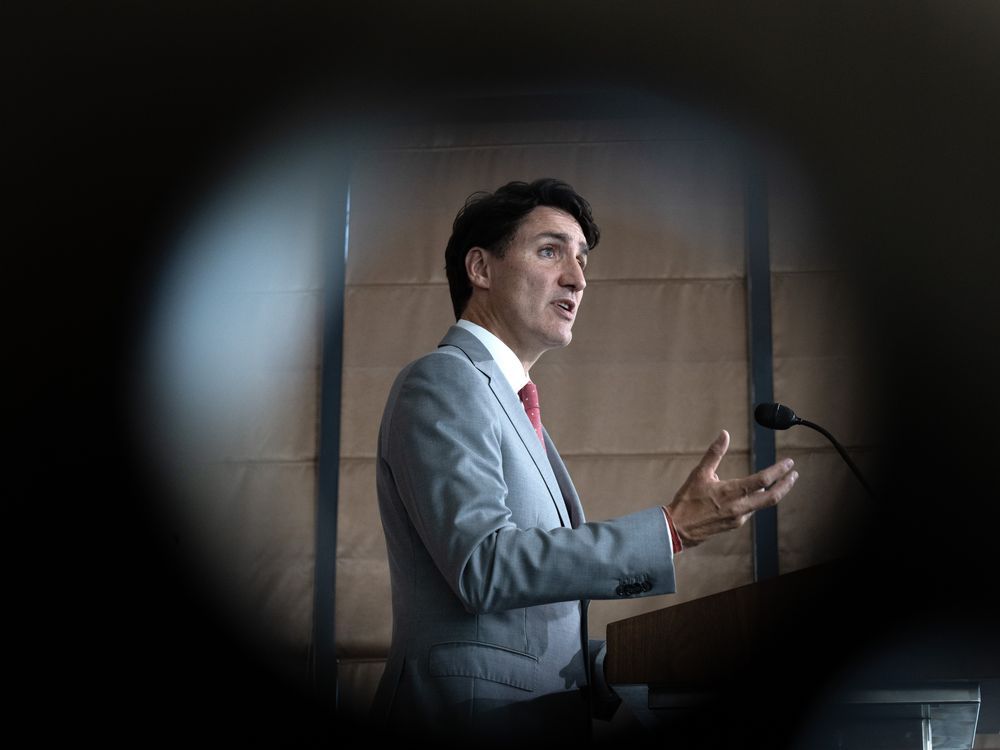
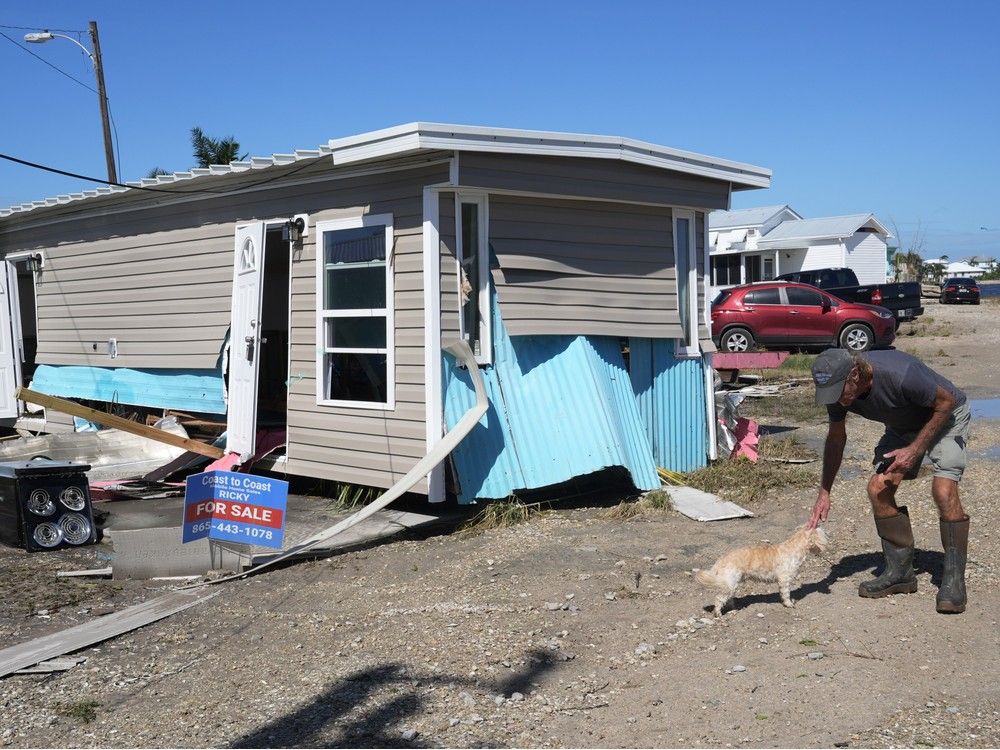
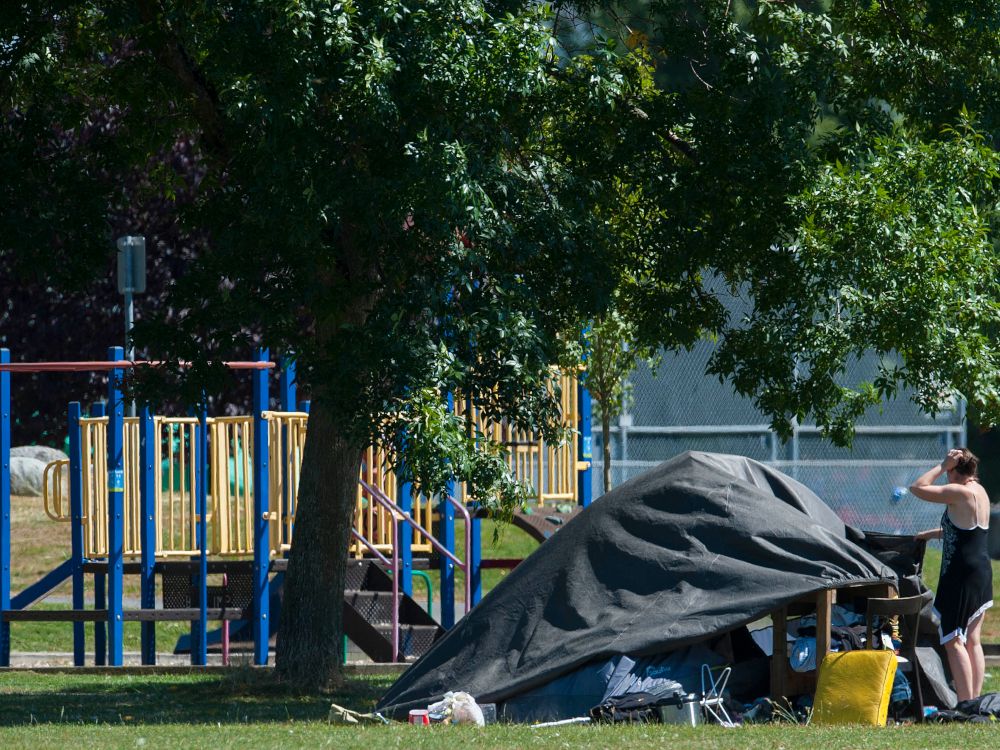




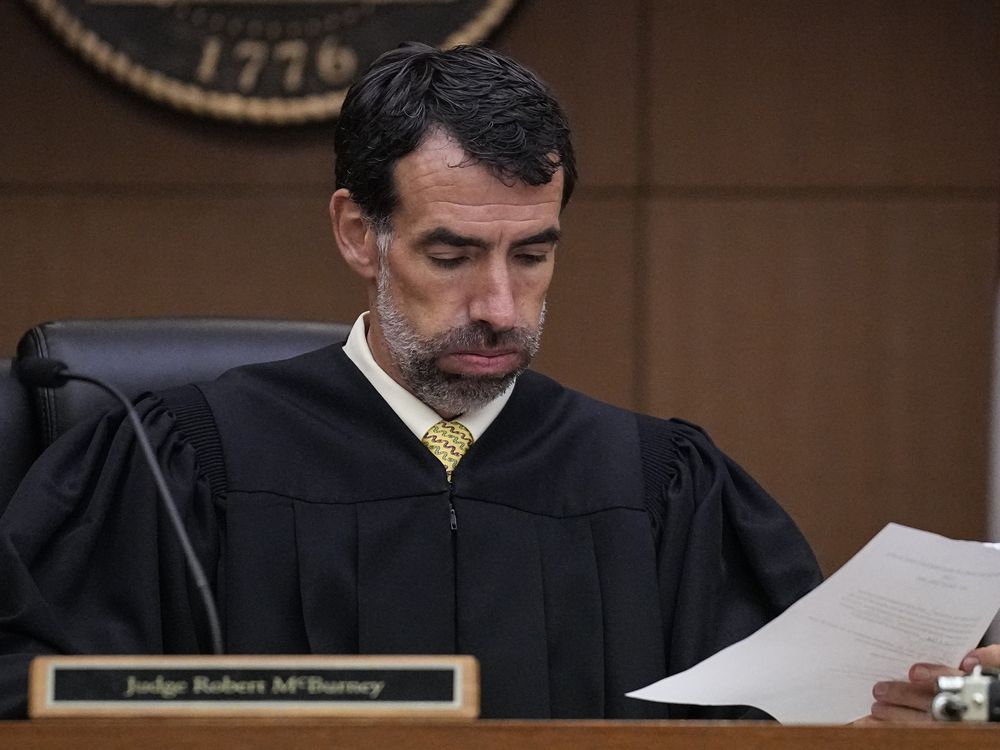












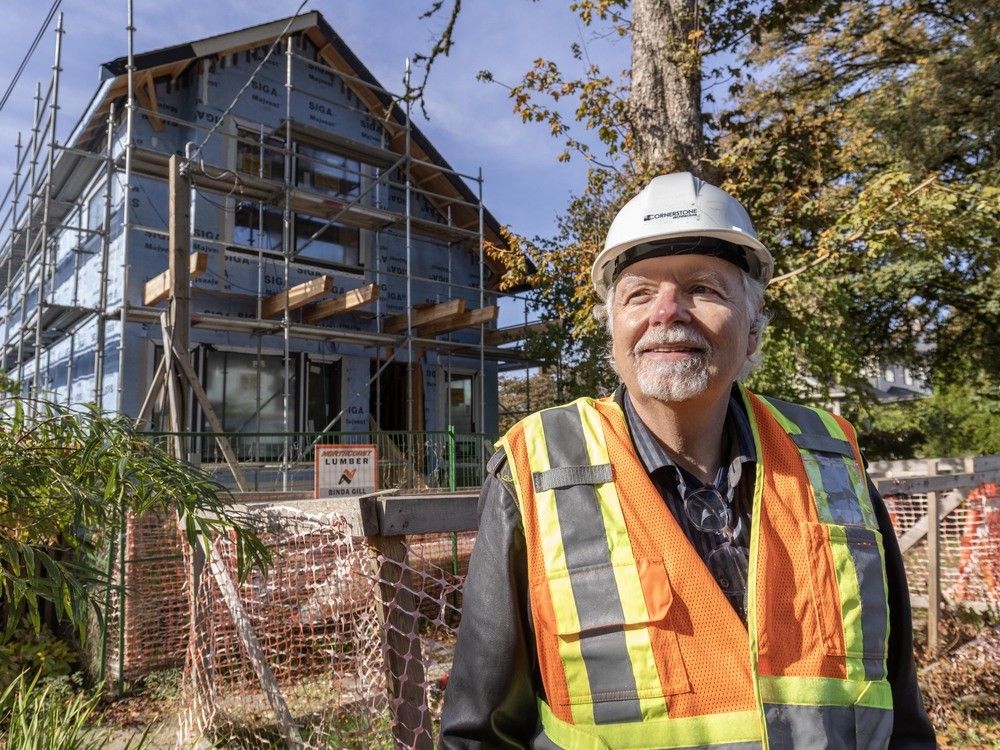

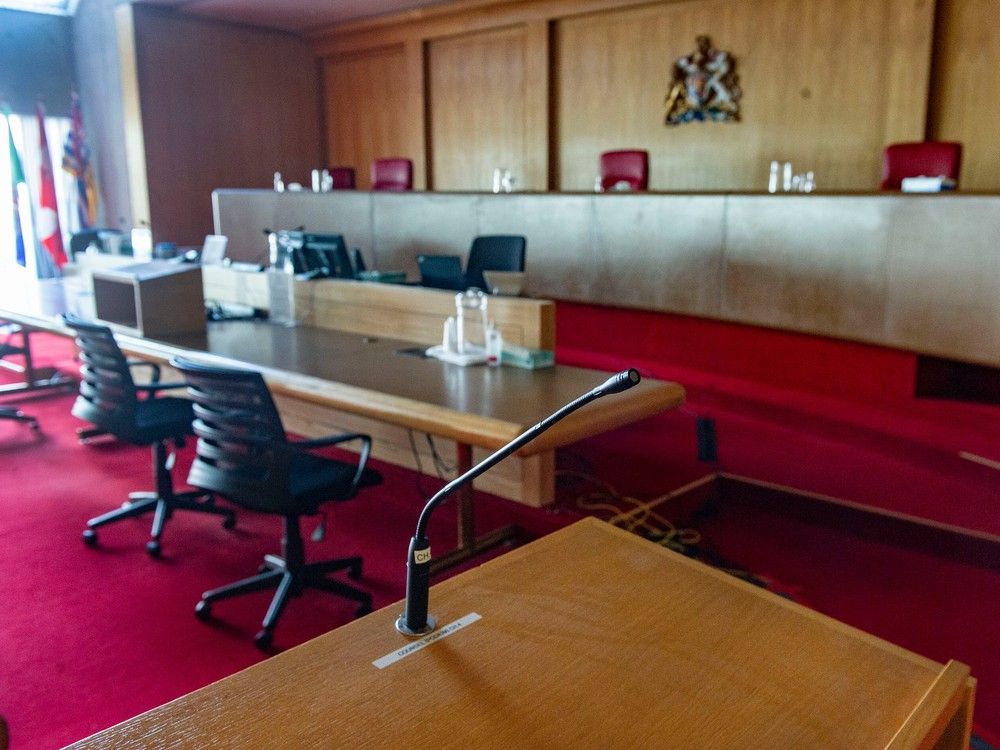



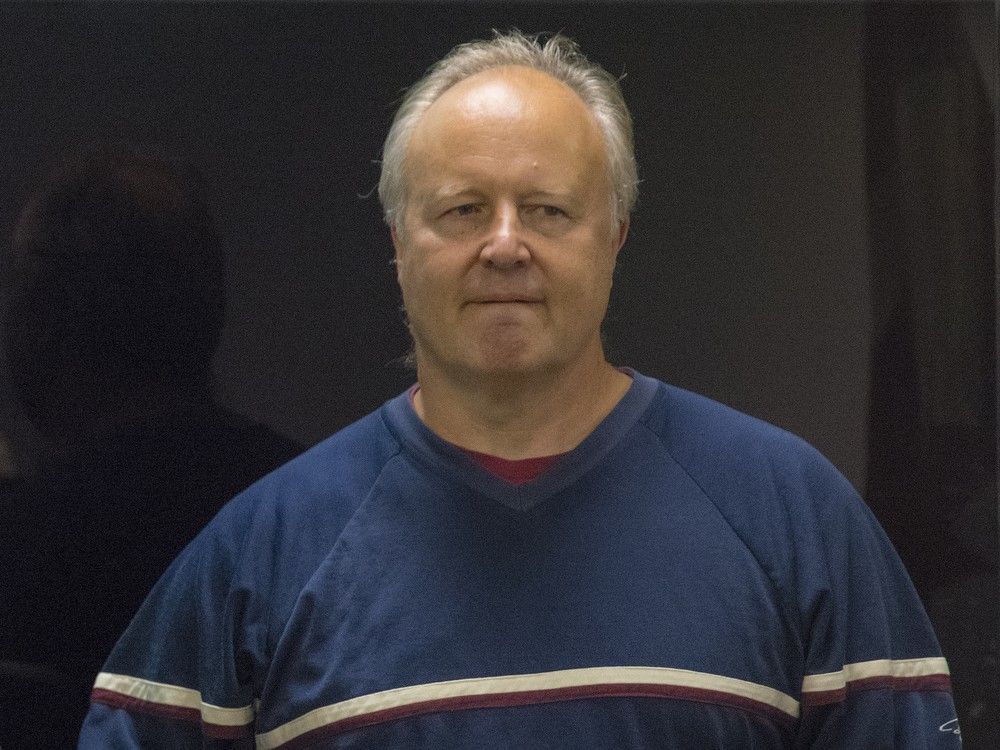



 Bengali (BD) ·
Bengali (BD) ·  English (US) ·
English (US) ·